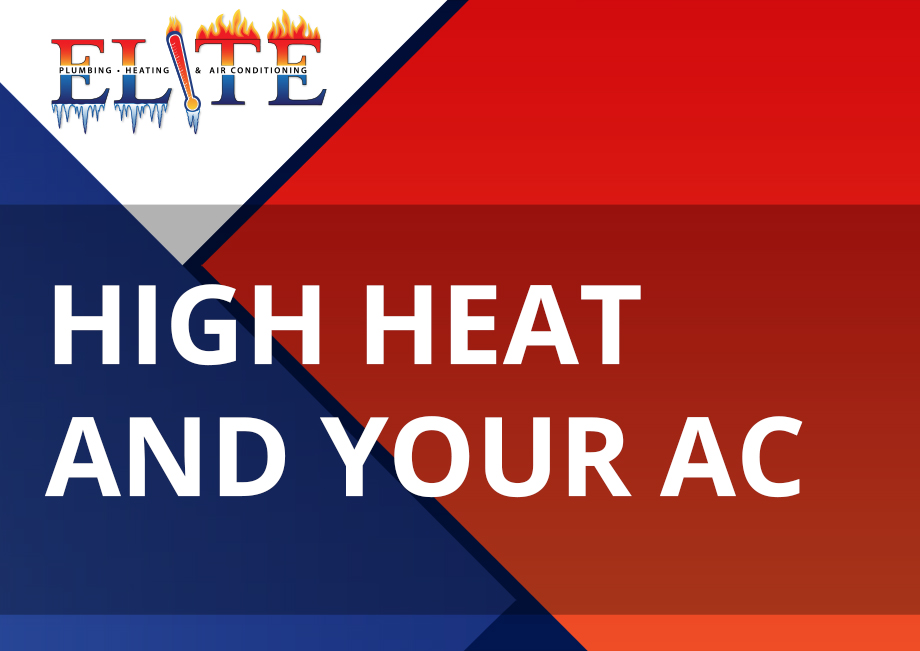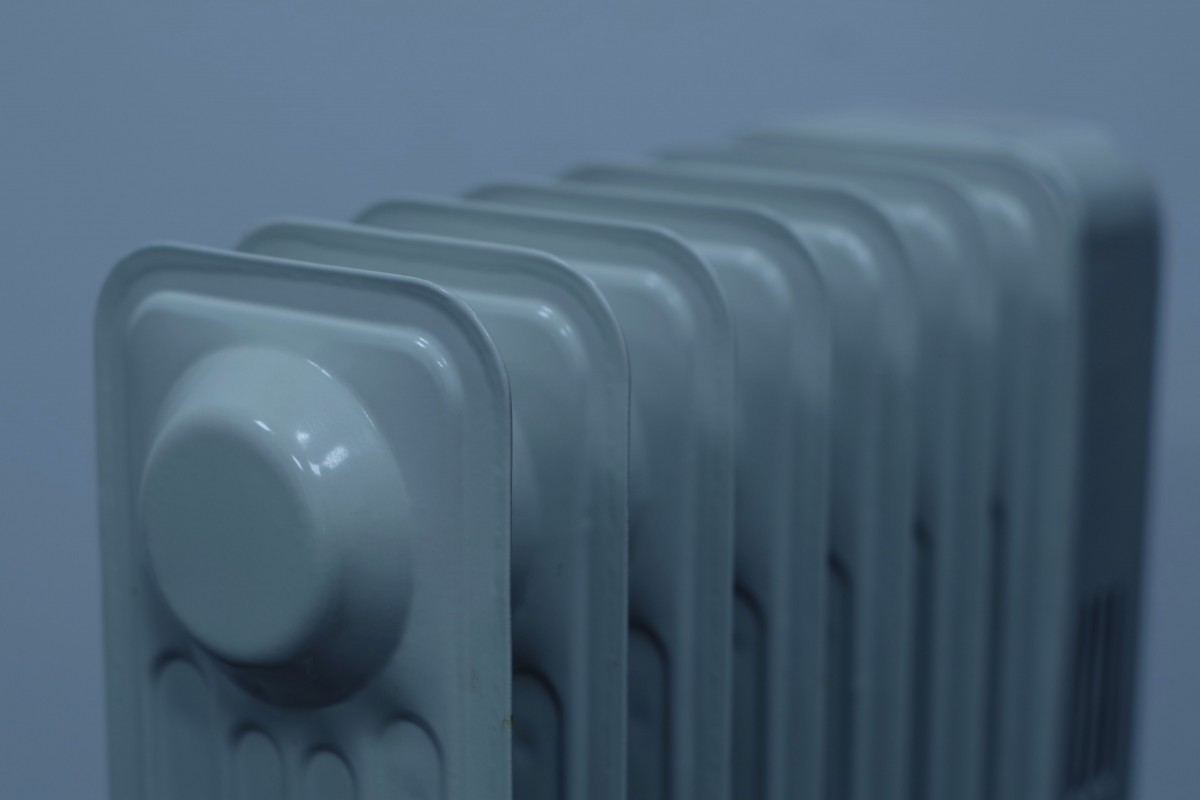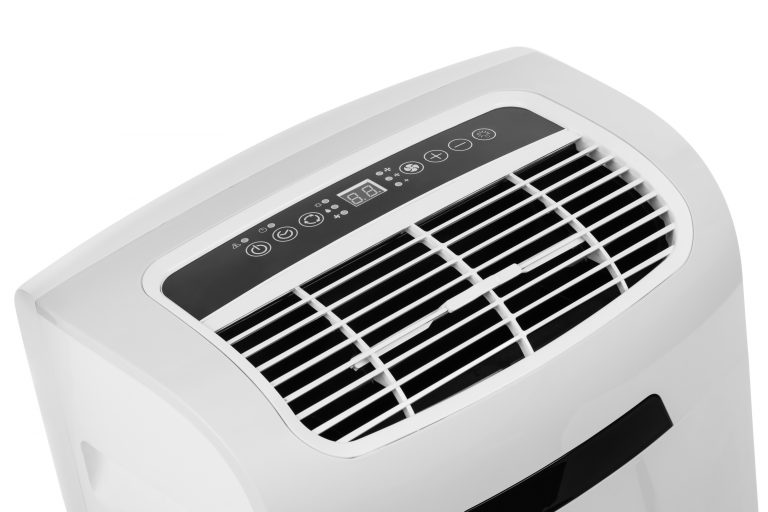High Heat and Your AC
In late July of 2022, the U.S. experienced a sizeable heatwave. Heatwaves occur in any given year, but this year’s heatwave was especially abnormal. States like Colorado, Texas, Oklahoma, and more recorded record-breaking temperatures during this time, often breaking records set nearly 100 years ago.
Heat so extreme can present a multitude of issues, many states reported seeing a huge increase in dehydration-related illnesses and needing to close businesses temporarily while the heatwave continued. Extremely high heat can also cause problems with your HVAC unit.
When high heat occurs, your air conditioner must work much harder than usual to produce cooled air inside your home. Below, we’ll highlight some common HVAC issues that can be brought on by high heat, and what preventative steps you can take to avoid them.
Common HVAC Issues Brought on by High Heat
Extremely hot temperatures can exacerbate existing issues within your HVAC systems or in some cases cause new problems that didn’t exist before. Just as humans aren’t meant to withstand temperatures so hot, AC units also aren’t built to handle extremely high temperatures for days on end. Fortunately, you can lessen the chance of experiencing these issues with the right preventative maintenance for your AC.
High temperatures can cause the following problems in your HVAC system:
- Aging components of the HVAC system may malfunction or die in high heat due to the exertion put on them to cool such hot air.
- There may be a difference in room-to-room temperatures, or overall consistency of cooling, when in high heat.
- Because AC units will be working in overdrive to cool the home, there may be a spike in utility costs.
- Air conditioning is essentially a heat exchange system – it takes warm air out of the house, and displaces that warm air to the outside, replacing it with cool air. Heat travels to areas of low heat. When the weather is extremely hot, your air conditioner will find it harder to displace warm air, due a to lack of low-heat areas for air to disperse to.
- Capacitors can more easily wear out in high-heat scenarios.
- And more.
Overall, high heat puts undue stress on your HVAC system. High temperatures can cause your HVAC unit to malfunction, work less efficiently, and in cases of continued high heat, components can begin to break down quite quickly.
Avoiding Damage to Your HVAC System from High Temperatures
Heatwaves can wreak havoc on your HVAC’s components. It’s impossible to avoid heatwaves, but it is possible to take the right steps in anticipation of such high temperatures to ensure your HVAC system is functioning to its full potential.
The most important part of keeping a well-maintained HVAC system is finding a reliable and knowledgeable HVAC maintenance provider in your area. If you are in the Las Vegas area, look no further than Elite Plumbing, Heating & Air Conditioning for all your HVAC needs. We’re the most trusted AC repair and installation company in Las Vegas because we have certified and trained technicians who are there for you 24/7 and 365 days a year.
Our technicians are Trane certified, experienced, and professional. We have helped thousands of people keep cool and comfortable in the greater Las Vegas area. We provide maintenance, installation, and repairs with the highest standard of service in the industry.
To avoid sustaining serious damage to your HVAC unit from a heatwave, you should have preventative maintenance done at least annually. Our certified technicians can survey your system and give you an expert diagnosis on any issues they may see, whether it’s a leaky duct or dirt filters, our technicians know not only how to pinpoint these issues, but also will remedy them for you before they become an issue.
With a certified and professional HVAC repair team by your side – you can ensure your HVAC system is ready to keep your home cool under any circumstance!
SCHEDULE YOUR FREE ESTIMATE
We Provide Expert Air Conditioning Services in Las Vegas, NV










